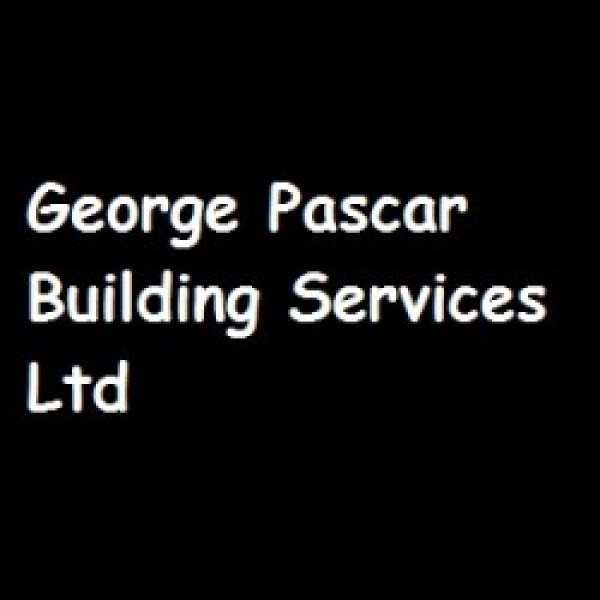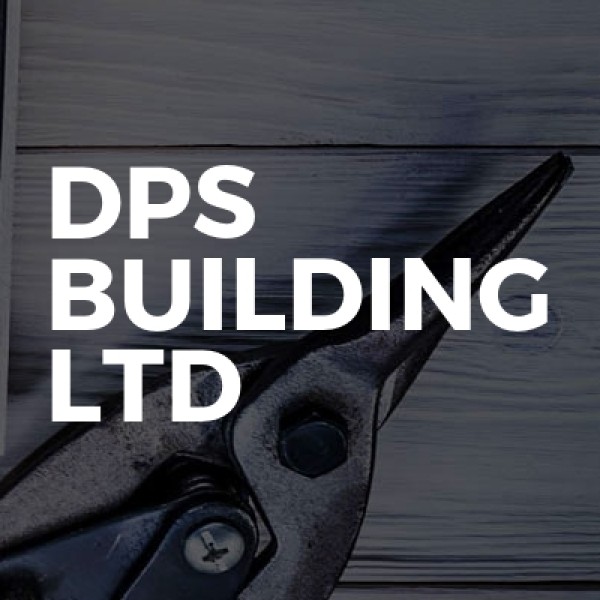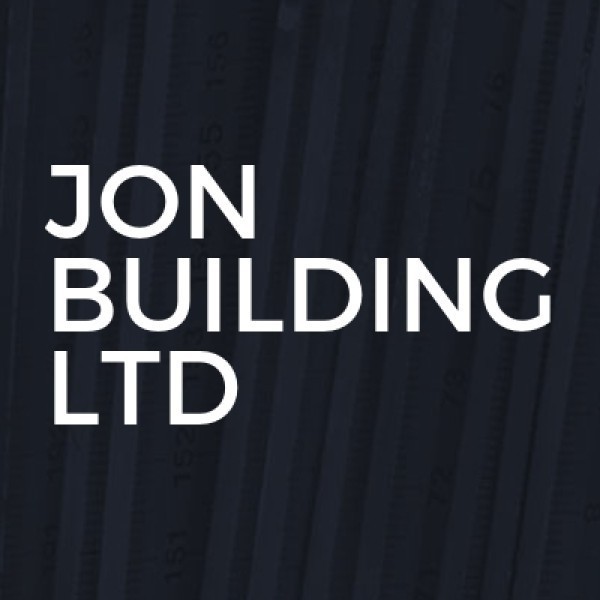Loft Conversions in Kensal Town
Search Loft Conversions in places nearby
Understanding Loft Conversions in Kensal Town
Loft conversions in Kensal Town have become increasingly popular as homeowners seek to maximise their living space without the hassle of moving. This vibrant area in West London offers a unique blend of urban charm and residential tranquillity, making it an ideal location for such home improvements. Let's delve into the world of loft conversions, exploring the benefits, types, planning permissions, and more.
Benefits of Loft Conversions
Loft conversions offer numerous advantages, making them a worthwhile investment for many homeowners. Firstly, they provide additional living space, which can be used for various purposes such as an extra bedroom, home office, or playroom. This added space can significantly enhance the functionality of your home.
Moreover, loft conversions can increase the value of your property. In Kensal Town, where property prices are on the rise, a well-executed loft conversion can offer a substantial return on investment. Additionally, these conversions often improve the aesthetic appeal of a home, providing a modern and stylish touch.
Types of Loft Conversions
There are several types of loft conversions to consider, each with its own set of benefits and requirements. The most common types include:
- Velux Loft Conversion: This is the simplest and most cost-effective option, involving the installation of Velux windows into the existing roofline. It is ideal for lofts with ample headroom.
- Dormer Loft Conversion: A dormer extends out from the roof, creating additional floor space and headroom. It is suitable for most types of homes and provides a versatile space.
- Hip to Gable Loft Conversion: This involves extending the sloping side of the roof to create a vertical wall, increasing the internal space. It is commonly used in semi-detached or detached houses.
- Mansard Loft Conversion: This is the most extensive type, involving altering the entire roof structure to create a flat roof with steep sides. It offers the maximum amount of space but is also the most complex and costly.
Planning Permission and Building Regulations
Before embarking on a loft conversion in Kensal Town, it's crucial to understand the planning permission and building regulations involved. In many cases, loft conversions fall under permitted development rights, meaning you won't need full planning permission. However, there are exceptions, especially if your property is in a conservation area or is a listed building.
Building regulations, on the other hand, are mandatory for all loft conversions. These regulations ensure that the conversion is structurally sound, safe, and energy-efficient. Key areas covered include fire safety, insulation, and staircase design. It's advisable to consult with a professional architect or builder to ensure compliance.
Choosing the Right Loft Conversion Specialist
Selecting the right specialist is crucial for the success of your loft conversion project. Look for a company with a proven track record in Kensal Town, as they will have a better understanding of local regulations and architectural styles. Check for qualifications, accreditations, and customer reviews to gauge their reliability and expertise.
It's also important to get multiple quotes and compare them carefully. Ensure that the quotes are detailed and cover all aspects of the project, including design, materials, labour, and any additional costs. A reputable specialist will be transparent about their pricing and willing to answer any questions you may have.
Design Considerations for Loft Conversions
When planning a loft conversion, design is a key consideration. The design should complement the existing structure of your home while meeting your specific needs. Consider factors such as lighting, ventilation, and access to ensure the space is comfortable and functional.
Natural light is particularly important in loft conversions. Skylights or roof windows can be installed to maximise daylight, creating a bright and airy atmosphere. Additionally, consider the layout of the space and how it will be used. For example, if you're creating a bedroom, ensure there's enough space for a bed and storage.
Cost of Loft Conversions in Kensal Town
The cost of a loft conversion in Kensal Town can vary widely depending on the type of conversion, the size of the space, and the materials used. On average, you can expect to pay between £30,000 and £60,000. However, more complex conversions, such as mansards, can cost upwards of £70,000.
It's important to budget carefully and factor in any additional costs, such as planning fees, building regulations approval, and interior finishes. While it may be tempting to cut costs, remember that quality workmanship and materials are essential for a successful and long-lasting conversion.
Timeframe for Completing a Loft Conversion
The timeframe for completing a loft conversion can vary depending on the complexity of the project. On average, a straightforward Velux conversion can be completed in 4 to 6 weeks, while a more complex mansard conversion may take up to 12 weeks.
It's important to discuss the timeline with your chosen specialist and ensure that it aligns with your expectations. Keep in mind that unforeseen issues, such as structural problems or adverse weather conditions, can cause delays. Regular communication with your builder can help mitigate these risks.
Common Challenges and How to Overcome Them
Loft conversions can present several challenges, but with careful planning and expert guidance, these can be overcome. One common issue is limited headroom, which can be addressed by choosing the right type of conversion or lowering the ceiling of the room below.
Another challenge is ensuring adequate insulation and ventilation. Proper insulation is essential for maintaining a comfortable temperature, while ventilation prevents condensation and dampness. Work with your specialist to select the best materials and solutions for your conversion.
Maximising Space in Your Loft Conversion
Maximising space is a key goal for any loft conversion. Clever design solutions, such as built-in storage, can help make the most of the available space. Consider using the eaves for storage or incorporating bespoke furniture to fit the unique dimensions of the loft.
Open-plan designs can also create a sense of spaciousness, while multi-functional furniture can provide flexibility. For example, a sofa bed can transform a home office into a guest room when needed. Think creatively and consult with your specialist to explore all possibilities.
Environmental Considerations
As sustainability becomes increasingly important, consider the environmental impact of your loft conversion. Opt for eco-friendly materials, such as sustainably sourced timber and energy-efficient windows, to reduce your carbon footprint.
Incorporating renewable energy solutions, such as solar panels, can further enhance the sustainability of your conversion. Additionally, ensure that your design maximises natural light and ventilation to reduce reliance on artificial lighting and heating.
Legal and Insurance Considerations
Before starting your loft conversion, it's important to address any legal and insurance considerations. Check your home insurance policy to ensure it covers the conversion work and any potential risks. You may need to update your policy to reflect the increased value of your home.
Additionally, if your property is leasehold, you may need to obtain permission from the freeholder. It's advisable to consult with a solicitor to ensure all legal requirements are met and to avoid any potential disputes.
Case Studies: Successful Loft Conversions in Kensal Town
Examining case studies of successful loft conversions in Kensal Town can provide valuable insights and inspiration for your project. One notable example is a Victorian terraced house that was transformed with a dormer conversion, creating a spacious master bedroom with an en-suite bathroom.
Another example is a semi-detached house that underwent a hip to gable conversion, resulting in a bright and airy home office. These case studies highlight the potential of loft conversions to enhance both the functionality and aesthetic appeal of a home.
Frequently Asked Questions
- Do I need planning permission for a loft conversion in Kensal Town? In many cases, loft conversions fall under permitted development rights, but it's important to check with your local council, especially if your property is in a conservation area.
- How much does a loft conversion cost? The cost can vary widely, but on average, you can expect to pay between £30,000 and £60,000, depending on the type and complexity of the conversion.
- How long does it take to complete a loft conversion? A straightforward conversion can take 4 to 6 weeks, while more complex projects may take up to 12 weeks.
- What are the benefits of a loft conversion? Loft conversions provide additional living space, increase property value, and enhance the aesthetic appeal of your home.
- What types of loft conversions are available? Common types include Velux, dormer, hip to gable, and mansard conversions, each with its own benefits and requirements.
- How can I maximise space in my loft conversion? Consider built-in storage, open-plan designs, and multi-functional furniture to make the most of the available space.
Final Thoughts on Loft Conversions in Kensal Town
Loft conversions in Kensal Town offer a fantastic opportunity to enhance your living space and add value to your home. With careful planning, expert guidance, and a touch of creativity, you can transform your loft into a functional and stylish area that meets your needs. Whether you're looking to create an extra bedroom, home office, or playroom, a loft conversion can provide the perfect solution. So, why not take the plunge and explore the possibilities for your home today?





































